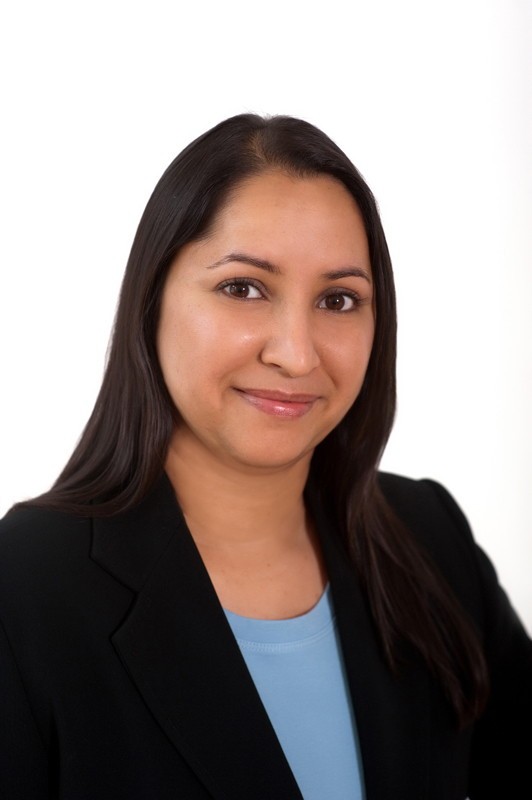Manitoba municipalities seek women candidates
City council doesn’t reflect demographics
More must be done to educate and spark political interest and participation among Canada’s visible minorities, a new report out of Ryerson University recommends.
Released earlier this month, report author Myer Siemiatycki noted that in Toronto, where visible minorities make up 40 per cent of the population, only seven per cent are represented on city council.
In Winnipeg, city council has better statistics for non-aboriginal visible minorities - making up 16.8 per cent of Winnipeg’s population, and 13 per cent of city council (two of 15 councillors).
But other demographic groups are not well represented.
Only 20 per cent of councillors are women, reflecting less than half of the actual population. And Winnipeg’s aboriginal residents, at 10 per cent of the population, are not represented at all.
Councillor Devi Sharma (Old Kildonan) said, for a mother, managing civic and family responsibilities is a fine balance. She does it with strong support from her partner, family and community.
Strong positive role models are a powerful motivator for women, and she takes pride in her opportunity to inspire more young women to get involved politically, she said.
“Visible minorities want to see themselves reflected in the society in which they live, be it in their letter carrier, in their teacher or in their city councillor,” she said.
Exposing youth to democratic and electoral processes can encourage later participation in politics, she said. This is particularly important for new Canadians who come from homelands where democratic participation was not allowed.
“My own interest was piqued by working for a city councillor earlier in my own career,” Sharma added.
Last year, the Association of Manitoba Municipalities (AMM) Task Force on Women in Municipal Government identified 12 barriers to participation, including lack of support with family responsibilities, the perception of an “old boy’s club” unwelcoming to women, lower community profiles and lower financial means.
“ Visible minorities want to see themselves reflected in the society in which they live, be it in their letter carrier, in their teacher or in their city councillor.
Devi Sharma, city councillor, Old Kildonan
The task force recommended stirring up women’s interest in running for the 2014 election through community workshops about how municipal government affects everyday life.
Lynne Bereza, AMM communications co-ordinator, said meet and greet sessions will be held in Winnipeg, Brandon, and eastern and western Manitoba, starting in February. Women currently in elected office will facilitate the sessions as role models and mentors.
Shaneen Robinson, who ran in the last civic election, doesn’t think a shortage of candidates is the real problem.
“Anyone who wants to run can make it happen, but is our society ready to elect a person like me?” she asked.
Robinson believes someone needs to get elected to speak for the more than 200 missing or murdered members of her own demographic - young aboriginal women.
Besides empowering less advantaged people to vote, she said what is needed is better education to clear up misconceptions between different groups. And everyone, including aboriginal people, should be learning a lot more about aboriginal history and culture, she said.
Rosa Walker, president of the Indigenous Leadership Development Institute (ILDI), said the aboriginal population is too small to get candidates elected. Although aboriginal people are aware of city politics, they don’t feel represented, and don’t participate in mainstream politics, she said.
“I understand why people feel like they don’t have a voice, and don’t go out and vote. It’s like the chicken and the egg thing, you know. It’s really kind of sad,” she said.
The ILDI’s Aboriginal Women Leaders program encourages women to seek opportunities including running in elections both on and off reserve.
Walker said ILDI tries to get people engaged with one another, talking about challenges, and inspiring others to work with them, pointing to newly minted MLA Kevin Chief in the North End.
“He created a movement through engagement and volunteerism. And I think that’s what we need to do,” she said.
Published in Volume 66, Number 13 of The Uniter (November 23, 2011)







